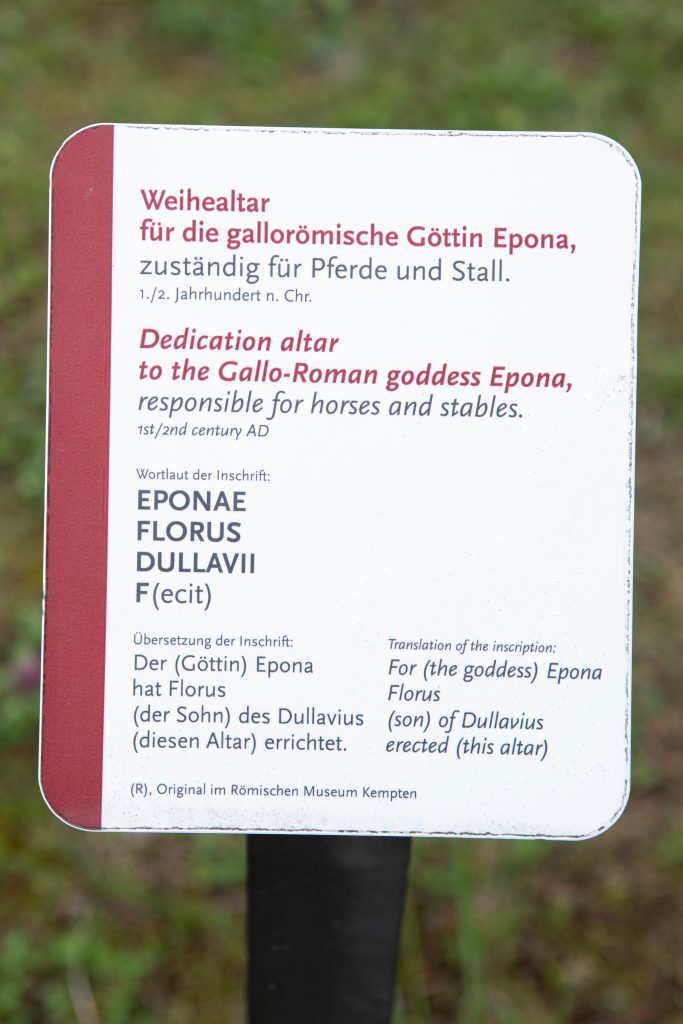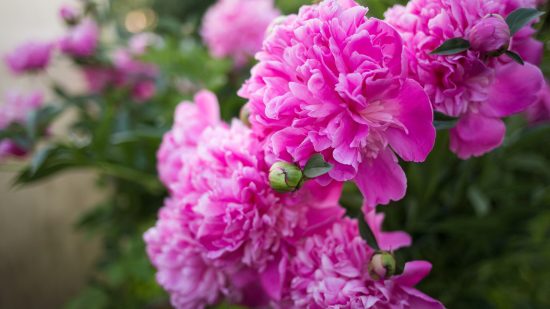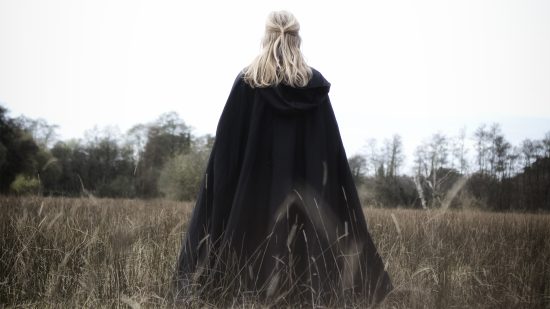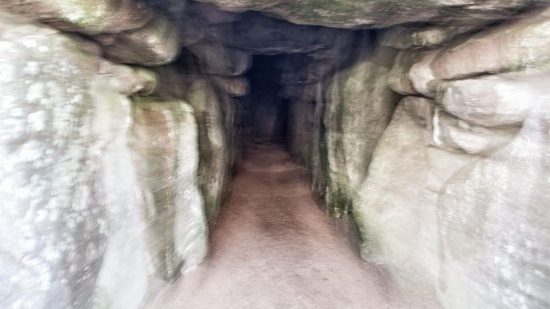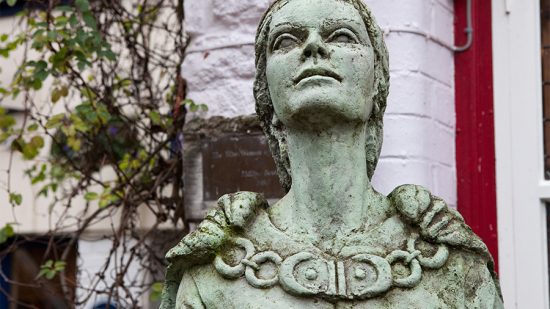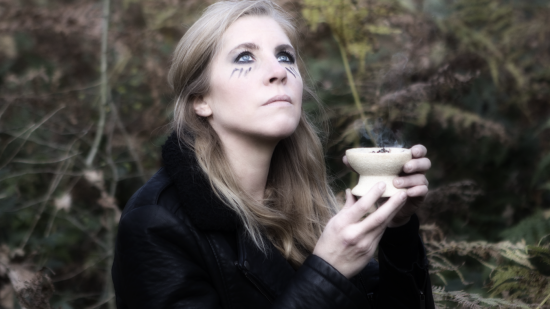EPONA: A Celtic Goddess in Bavaria!
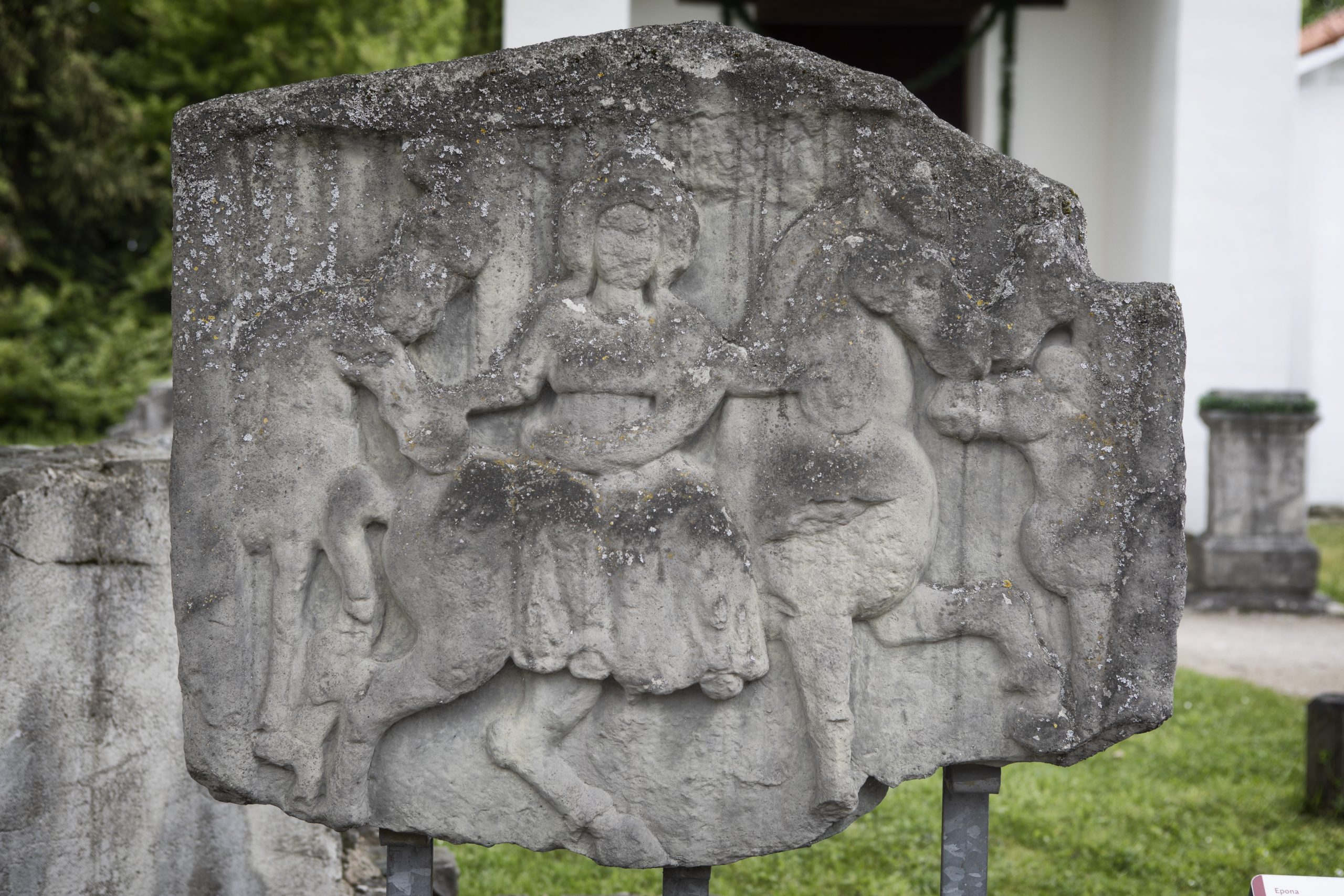
When I lived in the United Kingdom, I always envied the Welsh for their traditions surrounding Celtic gods and goddesses. Welsh culture has maintained a deep connection to Celtic mythology, as evidenced by the numerous stories of otherworldly beings such as Cerridwen, Rhiannon and Arianrhod. These stories and traditions provide valuable insights into Celtic religion and spirituality.
In comparison, the southwestern region of Germany, particularly in Bavaria, is abundant with archaeological remains that indicate Celtic settlements. Celtic entrenchments, burial mounds, and other artifacts testify to the past presence of the Celts in this region. However, written records from that time are limited or non-existent, leaving us in the dark about which specific gods or goddesses were worshiped by the Celtic inhabitants of this area.
My heart soared when I learned about a votive stone for Epona in the archaeological park of Cambodunum in Kempten, which speaks of a devotion to the goddess in this region. Miranda Green, a renowned British archaeologist and expert in Celtic religion and mythology, who extensively studied Epona, asserts in her book “The Celtic World” that Epona is undoubtedly the most well-documented Celtic deity. Green emphasizes the prominent position of Epona and her significance in Celtic mythology. As the goddess of horses, Epona held a strong presence in Celtic cults and was depicted in numerous Celtic artworks. The high esteem for this goddess is further demonstrated by the fact that she was the only Celtic goddess revered by the Romans, who saw her as the patroness of horses and horsemanship. Her name likely derives from the Celtic word “epos,” meaning “horse.”
Furthermore, Epona symbolized fertility and abundance. She was often portrayed with cornucopias or baskets filled with food and flowers. The Celts believed that Epona could bestow upon them bountiful harvests and fertile lands. Horses were considered symbols of good fortune in many cultures, as evident from the long-standing tradition of horseshoes being viewed as symbols of luck and prosperity. Epona thus embodies all of these qualities. She served as the patroness of fertility, prosperity, and protection. The Celts found in her a goddess who embodied their hopes and desires for abundance, wealth, and safeguarding, bestowing blessings in all aspects of life.
The votive stone for Epona in the archaeological park of Cambodunum in Kempten is an impressive testament to this devotion and evidence of the goddess’s significance in Celtic culture. This finding reaffirms the supposition that Epona was venerated in the southern German region, reflecting a part of the Celtic belief and cult that once existed in this area. The fact that the worship of Epona persisted beyond the Celtic period and was embraced by the Romans underscores the appreciation and influence of this goddess across different cultures and eras.

